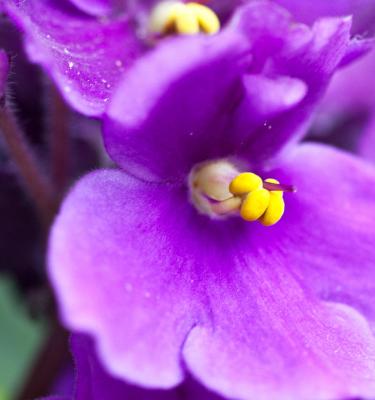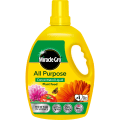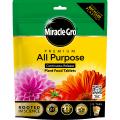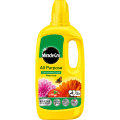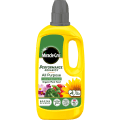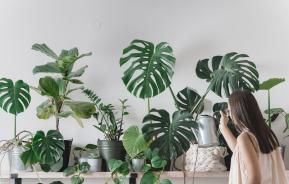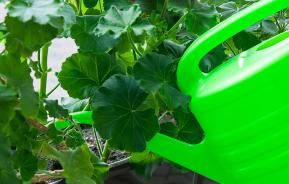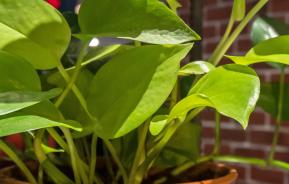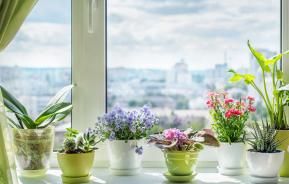You don’t need Greenfingers or special equipment to have thriving houseplants. Instead, a little loving care and a few basic facts are all you need.
Half the secret of success is realising that different houseplants have different needs. If you observe your plants you will soon learn when water is required and when misting is beneficial. The basic requirements for all plants are light, humidity, water, warmth and food. The balance between them is the key to consistent success.
Warmth
A reasonably consistent temperature is best and wild temperature fluctuations should be avoided. So too are cold draughts and frosty winter windowsills. Most indoor houseplants are happy at around 70°F (20°C), but some only thrive at colder temperatures. For example, cyclamen prefer a temperature range between 50°F to 60°F (10°C to 15°C); Cineraria even colder.
Light
Adequate light is essential, but many plants with large thick green leaves can survive in shady corners for some time. Indoor flowering plants and foliage plants with coloured or variegated leaves need good, bright light. Only cacti and succulents appreciate direct summer sun at mid-day. In winter unshaded sunlight should have no scorching effect on any plant.
Humidity

Most forms of home heating produce an atmosphere, which is too dry for the majority of pot plants. Central heating in winter will create a warm atmosphere, which is as dry as the Sahara Desert. You can either spray your plants with fine droplets of water regularly or create a micro-climate around their leaves by grouping or by packing moss between the pot and its decorative container.
Water
Although correct watering should be easy, it is responsible for the death of more houseplants than anything else. Too much water poured regularly into the compost can cause plant roots to suffocate and rot. Remember to check that the composts are drying out with your finger before watering. Frequency of watering will vary throughout the year, depending on the plant’s growing conditions.
Food
Like all living things, plants need to be fed regularly when actively growing. Fresh compost will contain sufficient nutrients to last for around 6 weeks, so supplementary feeding is soon essential. Avoid feeding during a plant’s resting period. With most foliage plants this is in the winter - with indoor flowering plants, this is after the normal flowering period.
